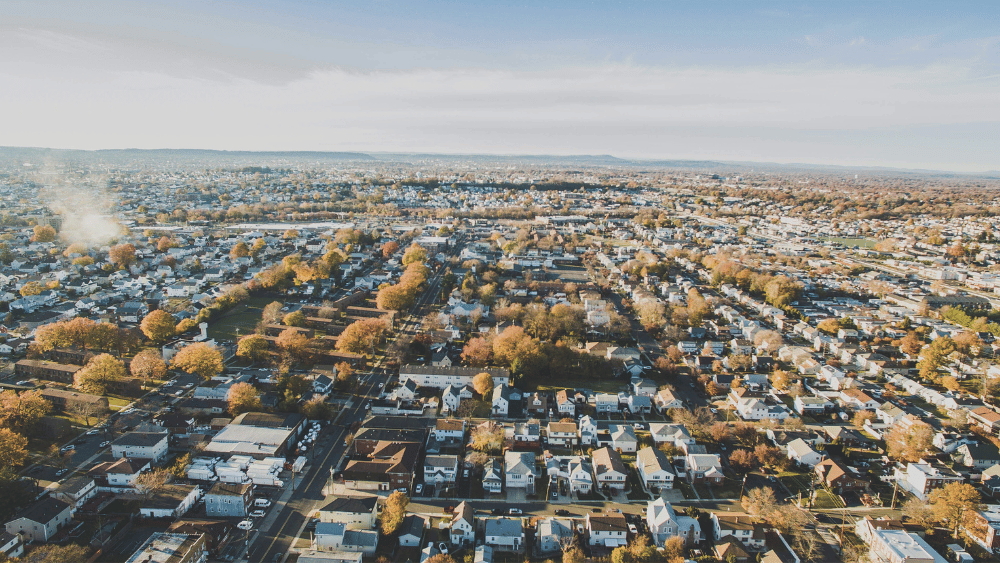Canada’s education system is facing a reckoning: Even during the record tight labor market, graduates struggled to find jobs—with Ontario at the center of the issue. New Statistics Canada (Stat Can) data shows fewer graduates were able to find a job within 3 years of graduating. The study is conducted every 5 years, with the latest focusing on the 2020 cohort of grads. They faced even worse prospects, despite the country facing its tightest labor market ever towards the end of the timeframe. While Ontario and BC grads floundered, Quebec and Alberta had remarkably high success rates. It’s almost like they’re totally different countries. Our bad, too soon for separatists jokes, eh?
Canadian Graduates Less Likely To Find A Job In Their Field, More Likely To Be Unemployed
Canada’s post-secondary graduates have dropped another point over the five year span. Canada saw 82% of graduates in 2020 land a job related to their field of study within 3 years of graduation. That’s down a point from a year before, which may sound small but a point is substantial when discussing employment.
Speaking of employment, the share of those who were unable to find it, has climbed sharply. About 6% of graduates were unable to find a job within the span of graduation, a point higher than the 2015 cohort. Since the student population has expanded so rapidly, the increase in share is much worse than it sounds. The 2020 cohort had a whopping 70% more unemployed grads than 2015.
This is one of those rare times the data is worse than it seems. During this employment period, Canada had the tightest labor market on record. In fact, policymakers scaled up immigration to try and address the market gaps they saw (though it’s unclear if anyone else did). Even during this period, it became more difficult for a graduate to find a job in a field related to their study.
There is a minor silver lining though. Not all provinces performed the same, with just a few weighing down the whole national performance.
Quebec Graduates Win: 90% Landed A Job In Their Field of Study
Canada’s best place for graduates to find a job is Quebec, where 90% of the 2020 cohort found a job within 3 years. That’s a 3 point improvement in contrast to the previous 2015 group. Saskatchewan (85%) was a distant second place, despite dropping 2 points from the previous study. It’s now tied with Alberta (85%), which advanced 2 points over the same period.
PEI showed the largest gains between studies, rising 5 points to 83% of people able to find employment in their field. It shared that spot with Nova Scotia and New Brunswick, both respectively gaining 2 points over that time.
Ontario Graduates Hit Hardest: 1 In 4 Can’t Find Work In Their Field
The share of Canadian post-secondary graduates who found a job related to their field of study within 3 years. Study conducted every 5 years, with 2015 and 2020 cohorts shown.
Source: Statistics Canada; Better Dwelling.
Three provinces trailed the national average—and ironically, two are the top destination for students. Only 1 in 4 (76%) graduates in Ontario were able to find a job in a related field, the worst in the country after slipping 2 points from 2015. It was slightly better in BC (79%), which lost 3 points over the same period. Manitoba (80%) was the third worst, after falling 4 points and making the biggest decline in the country. We’re not angry Manitoba, just disappointed.
Canada’s largest province also led the way lower for provincial unemployment. The unemployment rate for the 2020 cohort was highest in Ontario (8%), and by a good margin. Even Newfoundland (7%), which tops general unemployment, had a lower rate than Ontario when it came to these recent grads.
The 2020 student graduation cohort was much larger than 5-years prior, but came during the pandemic lockdowns. Since then, the population of students on study permits has rapidly expanded until this year’s temporarily imposed slowdown. Early evidence suggests the problem only got worse in the months after, as recent grads struggle to find any work—inside or outside of their field. The crisis is worse in Ontario, especially around the Greater Toronto area—where 1 in 11 workers in general are now unemployed and struggling to find work.



















 English (US) ·
English (US) ·